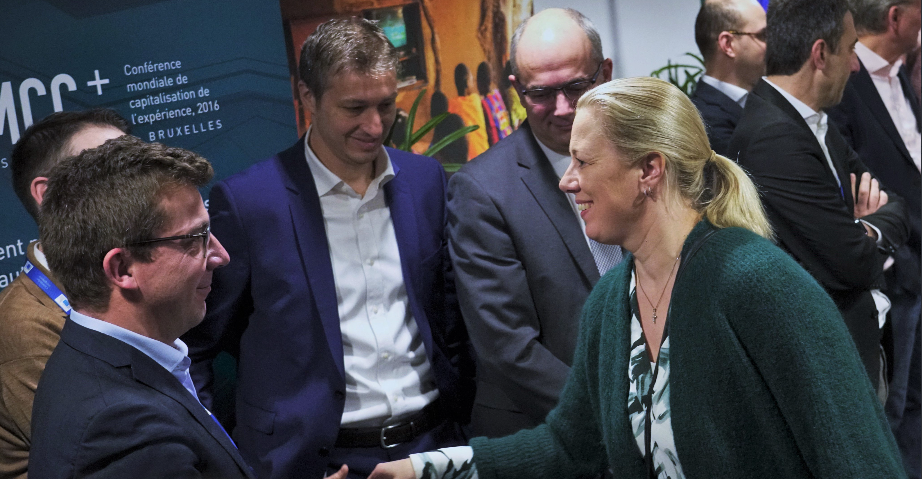By Andy Sumner / Part of the European Development Policy Outlook Series
The UK will have a general election by January 2025, most likely in autumn 2024, perhaps close to the US presidential election.
The polls suggest a potential wipe-out for the ruling Conservative party, who have been in government since 2010. A majority in the House of Commons looks likely for the Labour Party, though it can’t be taken for granted and may be much smaller than the polls suggest. Although some kind of Labour majority seems the most likely outcome, it is important not to dismiss the potential for a coalition (e.g. Labour-Liberal Democrat) government if there isn’t a majority for any party.
Continue reading “DFID 2.0…? Some Wild-ish Speculation on UK Development Cooperation, 2025-2030”

